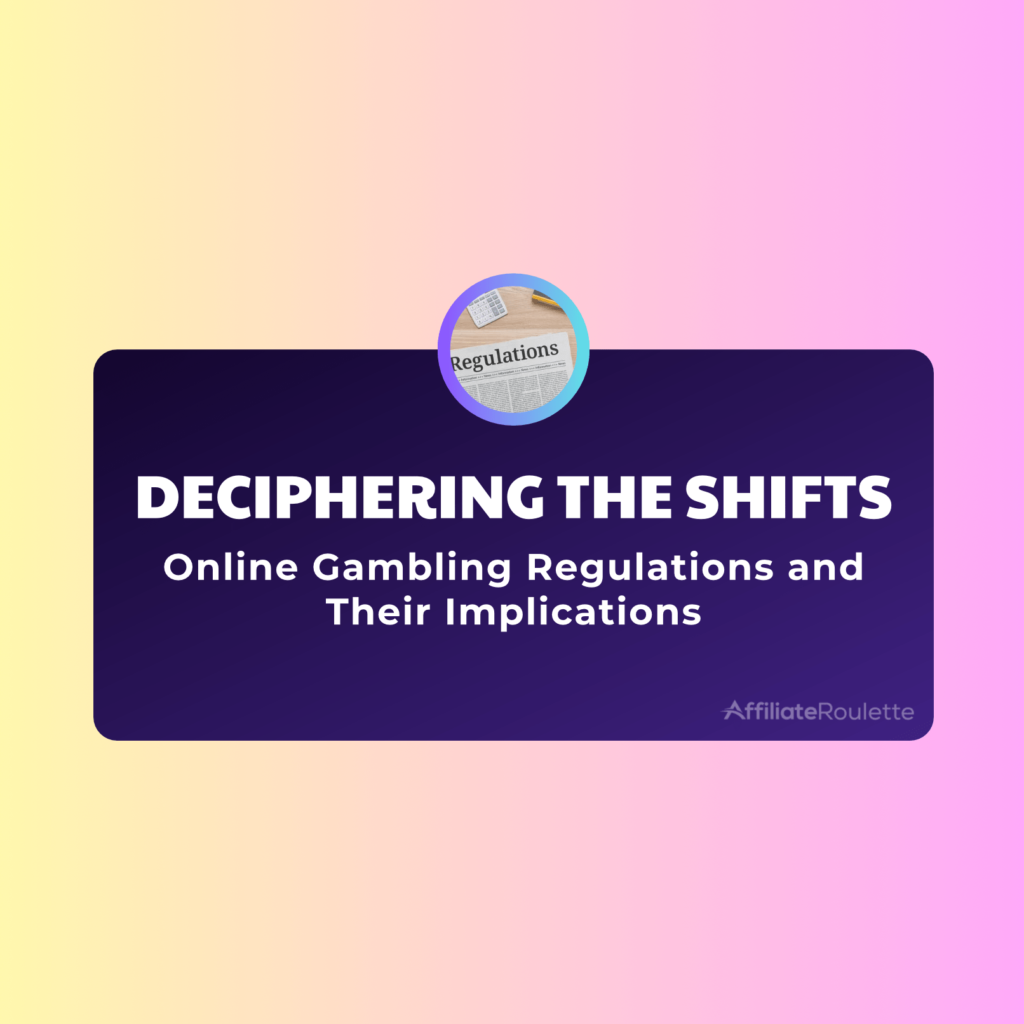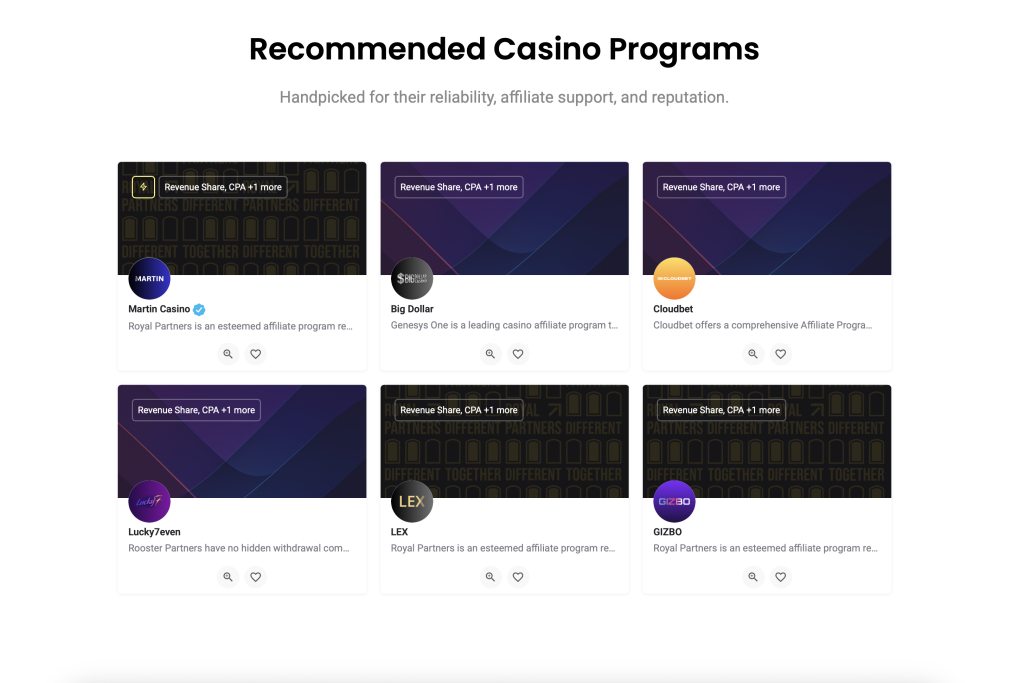Deciphering the Shifts in Online Gambling Regulations and Their Implications

Online gambling’s meteoric rise has necessitated a continuous adaptation in the legal frameworks that govern it. As nations grapple with the challenges and opportunities presented by this digital phenomenon, the legal boundaries are perpetually redrawn. Here’s a look into this ever-evolving landscape and the factors driving change.
1. The Global Tapestry of Laws
Online gambling regulations can be visualized as a global tapestry with diverse threads:
- Open Markets: Nations such as the UK and Malta boast mature iGaming ecosystems, underpinned by comprehensive regulations and open licensing.
- Partial Restrictions: Some countries, like the US, have a state-by-state approach, with varied permissions for different types of games.
- Complete Prohibitions: In nations like North Korea, all forms of online gambling remain strictly prohibited.
2. Digital Borders & Jurisdictional Challenges
The internet’s borderless nature poses significant challenges. Players can easily access offshore sites, often bypassing domestic regulations and potential safety nets. Addressing these jurisdictional challenges has become a focal point for many governments.
3. Consumer Protection & Ethical Standards
Rising awareness about gambling-related harms has propelled nations to bolster consumer protection. This includes ensuring game fairness, safeguarding players’ funds, and putting mechanisms in place to combat gambling addiction.
4. Economic Considerations & Tax Revenues
Online gambling can be a significant revenue source. Recognizing this, many countries are revisiting their stances, aiming to bring offshore revenues back home. By legalizing and regulating iGaming, governments can tap into this lucrative sector, channeling funds into public welfare projects.
5. Technological Advancements Outpacing Laws
Emerging technologies, be it blockchain in payments or AI in game designs, continually reshape the iGaming scene. These rapid advancements often leave regulators scrambling to catch up, ensuring that the tech is used ethically and responsibly.
6. International Collaborations & Treaties
Given the cross-border nature of online gambling, international collaborations are becoming increasingly important. This is especially true for issues like match-fixing, where coordinated efforts can help maintain the sports’ integrity.
7. The Societal Perspective & Public Opinion
As societal perspectives on gambling shift, so do the laws. In some regions, a more liberal public opinion has catalyzed legal relaxations. In contrast, concerns about societal impacts in others have led to tighter controls.
8. The Road Ahead: A Global Convergence?
The dream for many operators is a harmonized global regulatory framework. While this seems distant, given the current disparities, there are signs of gradual convergence. As best practices emerge and the benefits of regulation become clear, more countries may move towards standardized rules.
Conclusion
The dynamic world of online gambling, with its myriad technological and societal influences, ensures that its legal landscape remains in flux. For stakeholders, vigilance and adaptability are key. As the sector continues its upward trajectory, understanding and navigating these regulatory shifts will be pivotal for its sustainable and responsible growth.
Comments
You must be logged in to leave a review.


